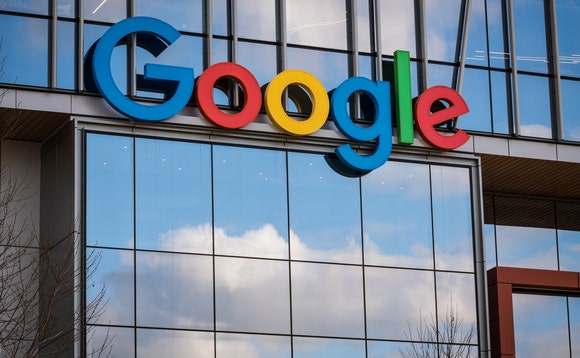20-year contracts could provide up to 3 gigawatts of hydropower capacity

Google has announced a $3 billion deal with Brookfield Asset Management’s renewables arm to source carbon-free hydropower, as part of its broader strategy to meet AI-driven electricity demands.
Under the landmark agreement, Google will purchase 670 megawatts of capacity from Brookfield Renewable Energy Partners’ two hydropower plants – Holtwood and Safe Harbor – located in Pennsylvania.
The 20-year contracts could ultimately provide up to 3 gigawatts of hydropower capacity for the tech giant across the Mid-Atlantic and Midwest.
Brookfield said both Holtwood and Safe Harbor will be relicensed and modernised to align with Google’s clean energy and reliability requirements.
“At Google, we’re dedicated to responsibly growing the digital infrastructure that powers daily life for people, communities and businesses,” said Amanda Peterson Corio, Google’s Head of Data Center Energy.
“This collaboration with Brookfield is a significant step forward, ensuring clean energy supply in the PJM region where we operate. Hydropower is a proven, low-cost technology, offering dependable, homegrown, carbon-free electricity that creates jobs and builds a stronger grid for all.”
Connor Teskey, President of Brookfield Asset Management, said the partnership reflects the vital role hydropower can play in enabling hyperscalers like Google to meet sustainability targets.
“Delivering power at scale and from a range of sources will be required to meet the growing electricity demands from digitalization and artificial intelligence,” Teskey added.
The deal comes as part of a shift among tech giants to secure long-term energy supplies as demand surges from the explosion in AI workloads.
Companies like Meta, Amazon, Microsoft, and Google have been racing to build large-scale datacentres whilst attempting to limit the environmental impact and meet net-zero carbon pledges. Google and Microsoft both made ‘net-zero carbon by 2030’ pledges and both also pledged to be water positive within the same time scale. Both carbon emissions and water consumption are tracking in the wrong direction.
Ruth Porat, president and chief investment officer of Google’s parent company Alphabet, is expected to discuss the deal at a high-profile AI summit in Pittsburgh, where President Donald Trump is also scheduled to speak. The event is expected to unveil over $70 billion in AI and energy investments.
The surge in energy demand from AI and cloud services has prompted renewed interest in a mix of power sources – from nuclear and gas to renewables.
Over the past year, Google has signed several energy deals, including those involving carbon-free geothermal energy and advanced nuclear. The company is actively working with PJM Interconnection, the nation’s largest electricity grid operator, to leverage AI in streamlining new grid connections.
Whilst Google focuses on renewables, other hyperscalers have pursued similar ambitions through different paths.
Last month, Meta announced it had reached an agreement to keep a nuclear reactor operated by US utility Constellation Energy in Illinois running for the next 20 years. Microsoft has also recently committed to a 20-year nuclear power purchase deal next to the site of a historic reactor meltdown.
Big Tech is also investing serious money in nuclear fusion research.
Beyond energy procurement, Google said that it plans to invest an additional $25 billion over the next two years to expand its datacentre footprint in Pennsylvania and nearby states, reinforcing the region’s strategic importance in its AI and cloud roadmap.
